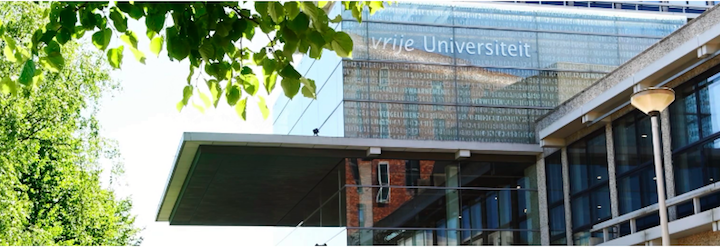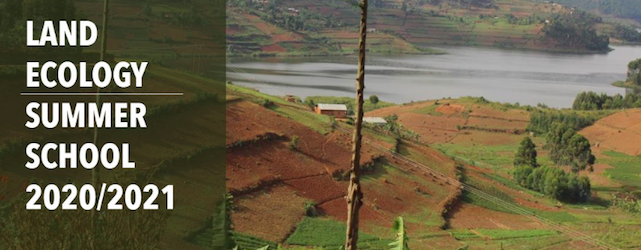IVM-VU Environmental Geography is looking for 2 TT assistant professor positions in land system science. Are you the interdisciplinary scientist that will address the large societal challenge to achieve sustainable land use? Please apply at Vrije Universiteit Amsterdam. Application deadline: 29 November 2020.
You can find more information here.






